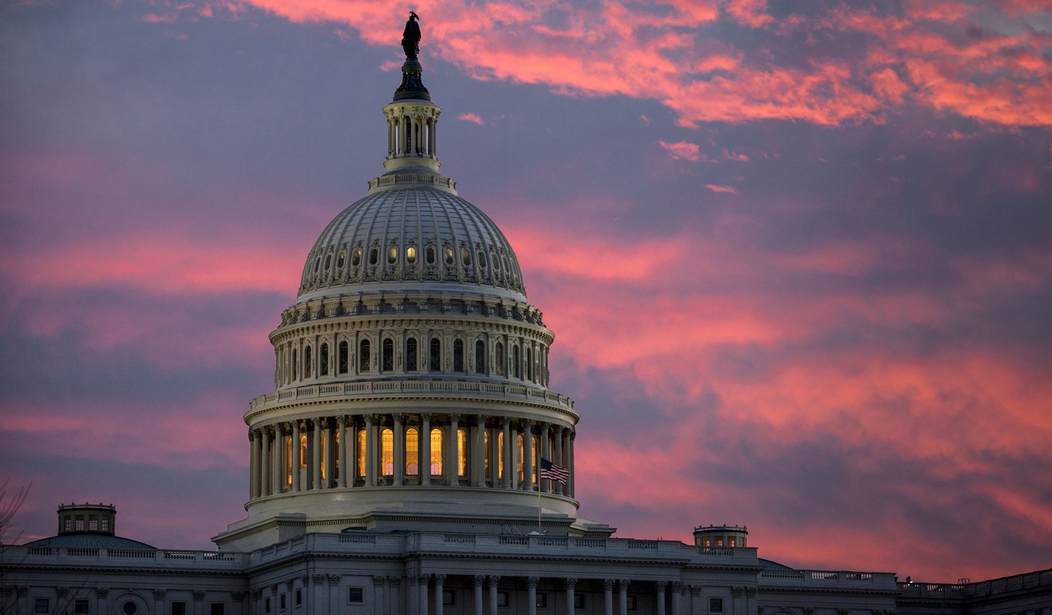Republicans are supposed to be the party that cuts the job-killing capital-gains tax, not raises it. But because of a quirk in the Senate-passed bill, the tax on capital gains may go up — and for some types of long-held assets, fairly substantially.
Most members of Congress don’t even know of this stealth capital-gains hike.
Here’s the story. At the start of the year, Republicans promised to reverse the near-60 percent rise in the capital-gains tax under President Barack Obama — a hike that helped bring investment rates to historic lows. The GOP plan was to eliminate the ObamaCare 3.8 percent investment-tax surcharge on capital gains and dividends?.
That repeal never happened. But now the Senate tax reform proposes to raise several billion over the next decade by changing the rules on how stocks are taxed.
It would require shareholders to sell their oldest shares in a company before their newest purchased ones. The older the share, the larger the taxable capital gain. This is called the first-in-first-out accounting system.
Consider this example. Let’s say you bought 100 shares of Apple stock in 1998 at $100 a share?. And let’s say you bought another 100 shares in 2008 at $300. If you sold 100 shares at $500 a share, you would have to “sell” the oldest stock and pay a $400 per share capital-gains tax, versus $200 a share under the current law.
Now this accounting change may actually make sense, except that the gains on long-term stocks are not adjusted for inflation. So on many sales of long-held stock, as much as half of the reported and taxable “gain” is due to the compounding effect of inflation.
Recommended
The actual capital-gains tax paid could more than double for many stock and asset sales.
So the Senate rules will require millions of Americans to pay taxes on phantom or illusory gains. That is patently unfair and will discourage the very long-term investment that economists and politicians agree that we need.
If you give me $1,000 today, I would be glad to give you $1,500 25 years from now, because inflation is likely to run ahead of that pace. Believe me, you haven’t made a $500 profit on this transaction. But the government thinks you have.
There are other huge inequities in this new policy. Under the Senate bill, there’s an exception for mutual funds, exchange-traded funds and other institutional funds. They would continue to apply the current law tax treatment.
So get this: The little guy who wants to buy and sell stock on his own has to pay the higher capital-gains tax, but the big investment funds have a more generous set of rules with lower taxes. Huh?
So the mutual-fund industry convinced the Senate it would be too complicated for it to conform with the new rule. That’s good news for Fidelity and Vanguard. But what about Joe Lunch Bucket? This new rule is complicated for him, too. This law is going to nearly force small investors to purchase stock through the big fund managers — and of course pay their fees.
Most important, this is bad for the economy. The higher tax penalty on investment would discourage people from buying stock or investing in small start-up companies in the first place.
This would also exacerbate the lock-in effect of the capital-gains tax. When the tax on gains is higher, history shows that Americans are much more reluctant to sell their shares and pay the higher tax. This benefits old established companies like Boeing and Microsoft, but dries up capital for smaller and fast-growing firms that could be the next-generation Apple, Google or Uber.
In other words, this stealth capital-gains tax contradicts the entire purpose of an otherwise prosperity-generating tax bill. We want lower business and investment tax rates to get more growth, more jobs and higher wages. A backdoor capital-gains tax would accomplish the opposite.
This op-ed was published in the New York Post on December 8, 2017. Stephen Moore is a senior fellow at the Heritage Foundation. Larry Kudlow is a senior contributor with CNBC. Kudlow & Moore co-wrote the piece together.
























Join the conversation as a VIP Member